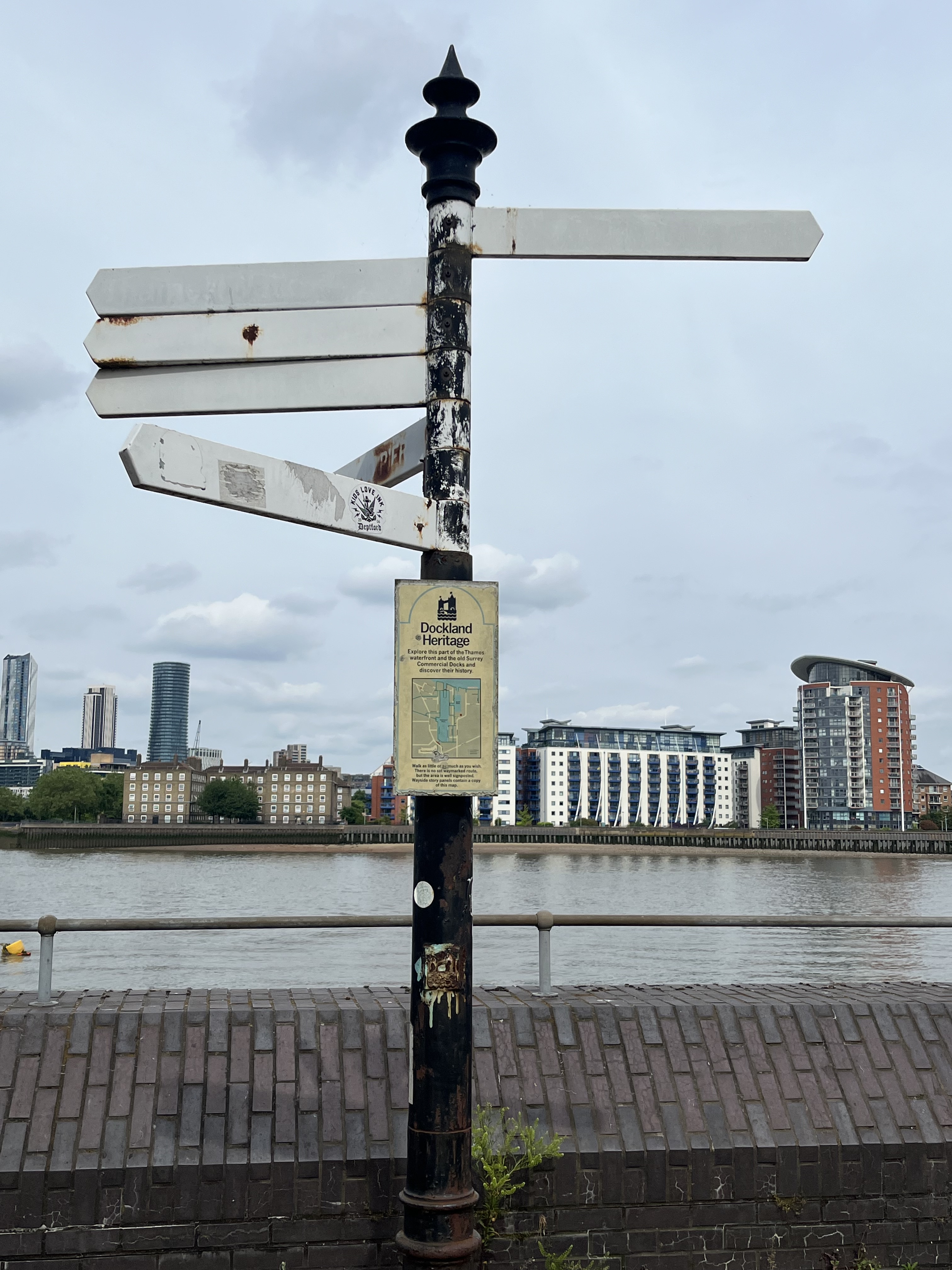This is how the twenty-nine year old Martin Heidegger conveyed the feeling to his wife after a summer of intense creativity:
The visions, the problem horizons – real steps towards fruitful solutions – new ways of seeing in principle, possibilities of the most surprising formulations an character, simultaneous firing off of genuine combinations – it is all so brimming, simply overflowing, that one is, purely in terms of time, all but incapable of catching, capturing and systematically processing the flow.
Time of the Magicians, Pg 78
Inspiration in this sense is experienced as something uncanny: “it creates and yet one experiences oneself absolutely in the process – particularly when the state fades and a slackening following and one tries to find one’s way back into one’s surroundings” (pg 82). One is just a conduit for inspirations which flows from some source beyond the self yet experiences oneself in a heightened way through the labour of giving productive form to that flow. It reminds me of one of my favourite passages by Nietzsche:
The notion of revelation – in the sense that suddenly, with ineffable assuredness and subtlety, something becomes visible, audible, something that shakes you to the core and bowls you over – provides a simple description of the facts of the matter. You hear, you don’t search; you take, you don’t ask who is giving; like a flash of lightening a thought flares up, with necessity, with no hesitation as to its form – I never had any choice.
Friedrich Nietzsche, Ecce Homo, Pg 68
Can we connect with the source which Heidegger refers to as ‘it’? Can we give productive expression to it while retaining that connection? If we’re in a state of cognitive triage, with the urgent crowding out the important, it’s difficult to make a connection in the first place because it requires sitting with thoughts and letting the connections between them unfold. But giving form to the ensuing flow has its own conditions, not least of all a means through which we can retain what C Wright Mills once called ‘the feel of an idea’.
